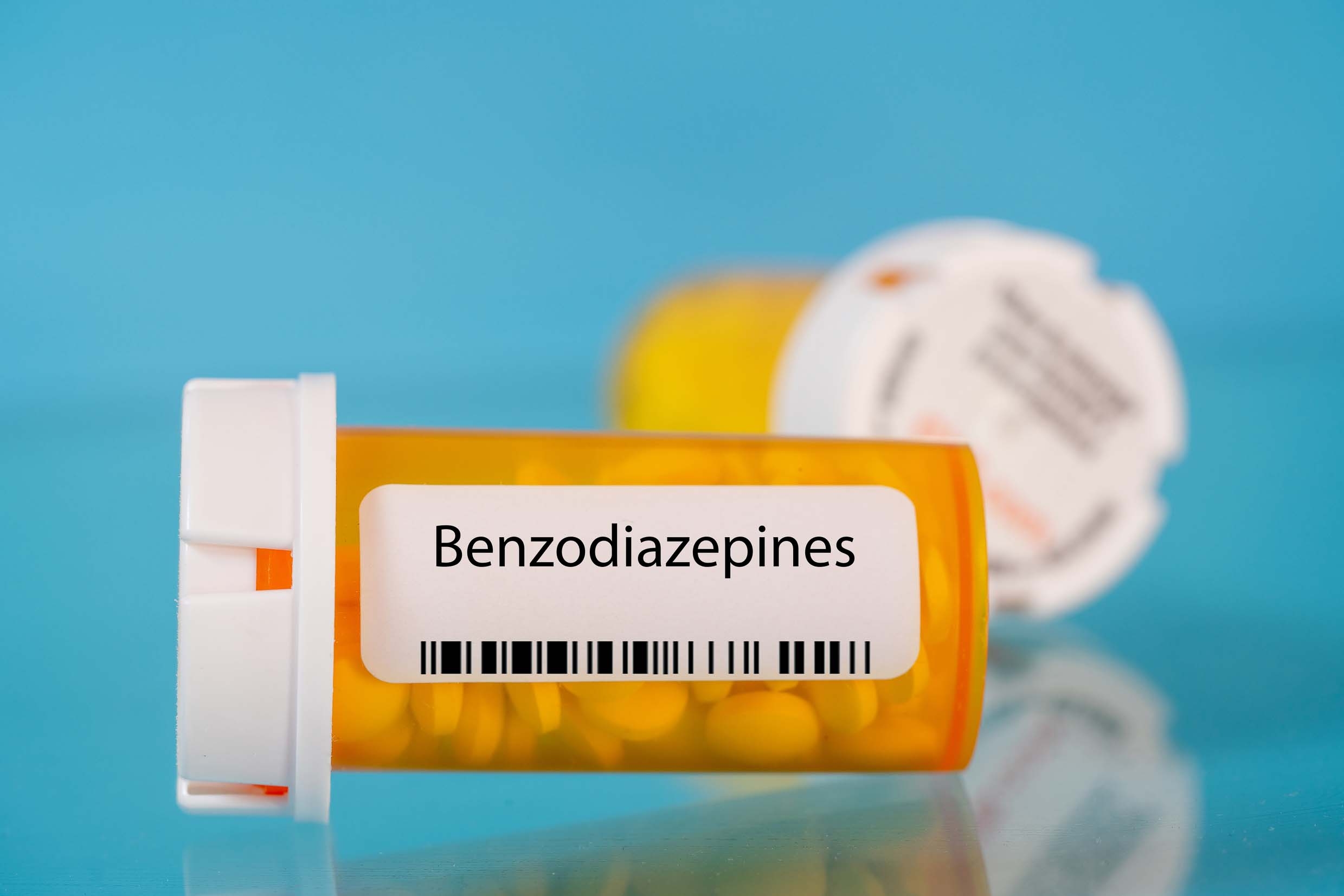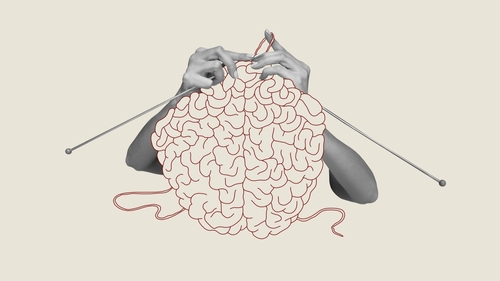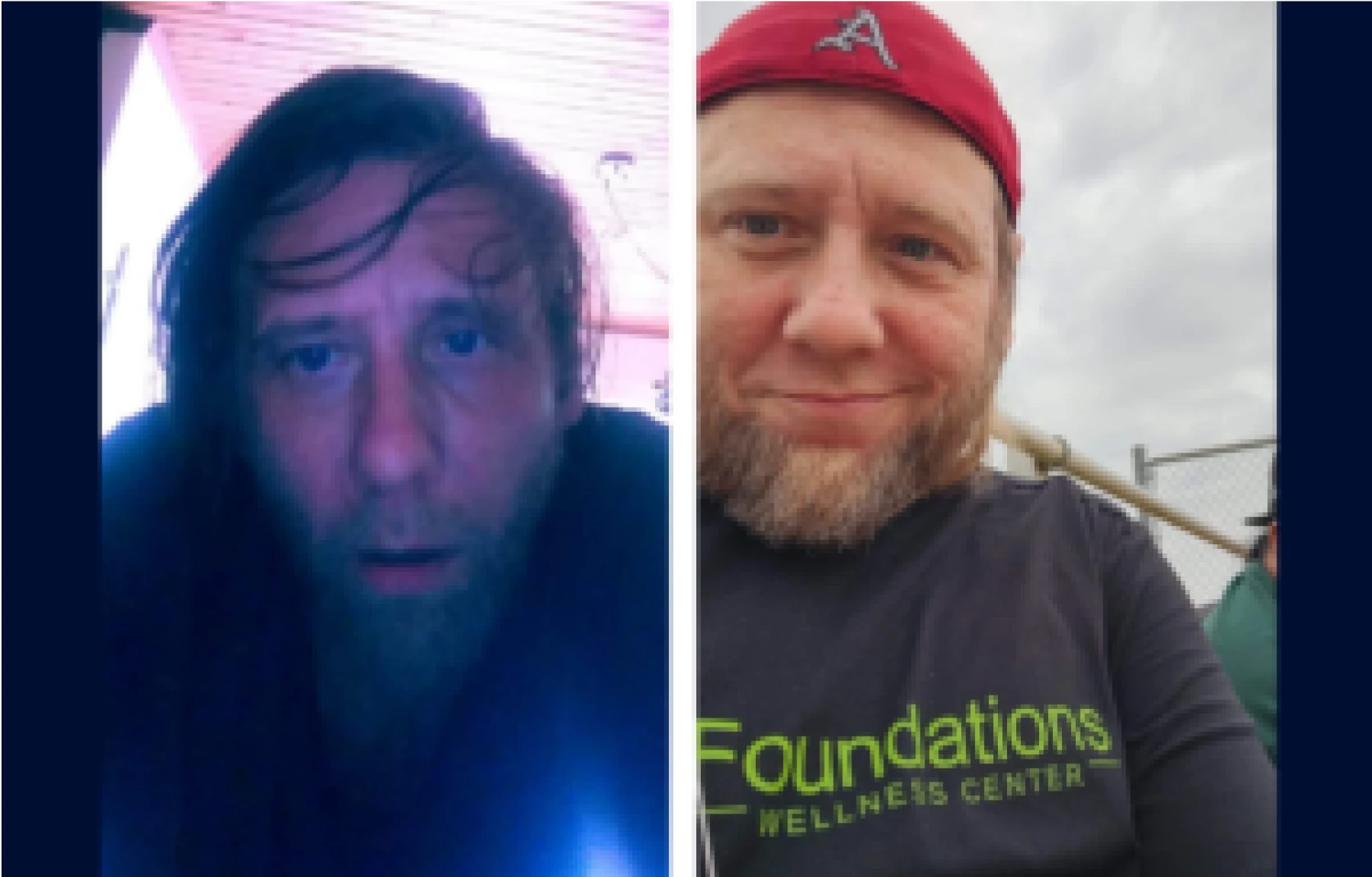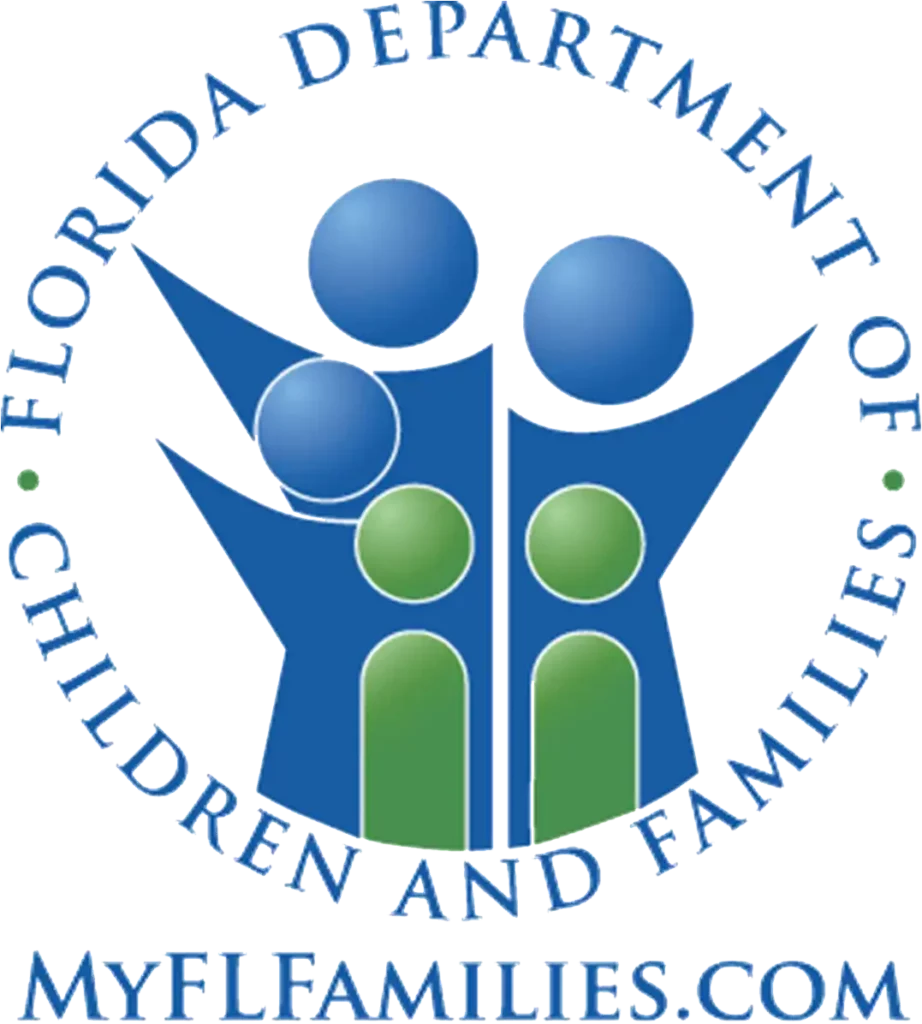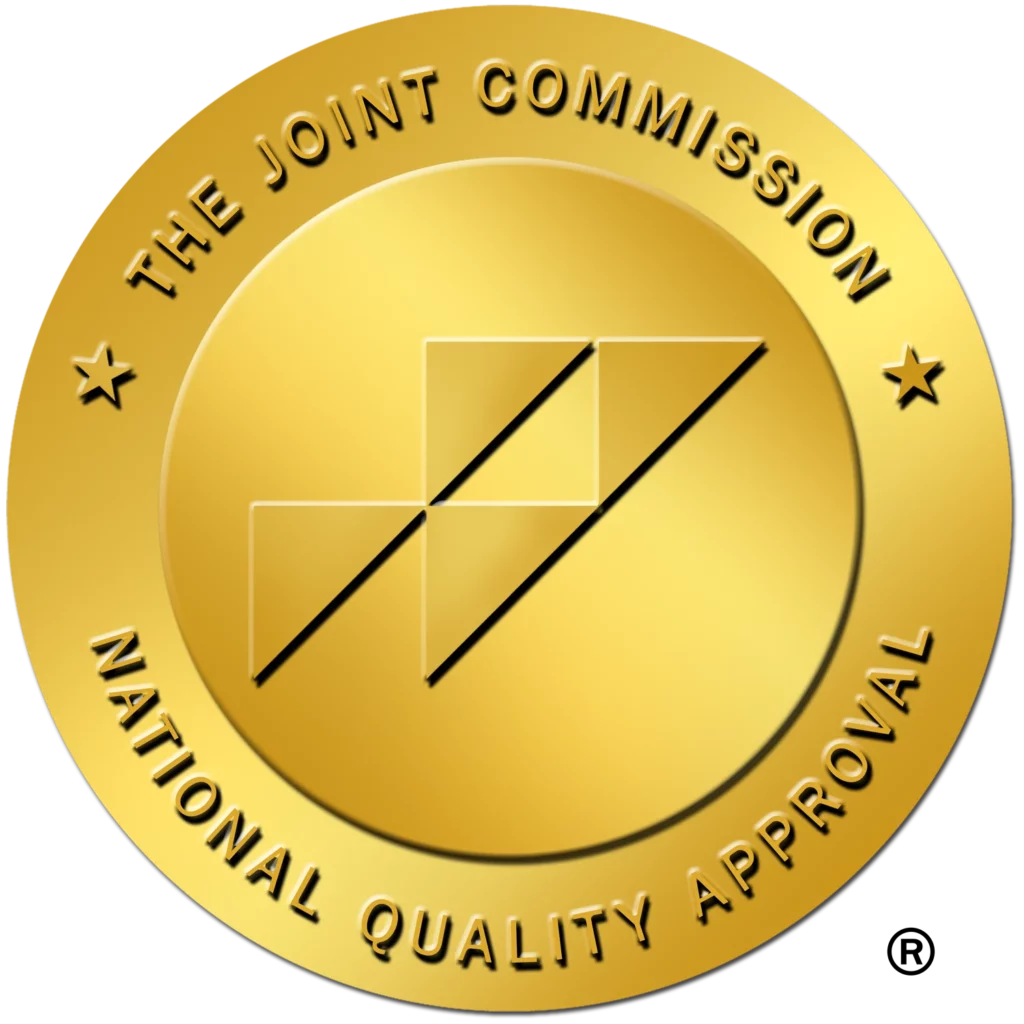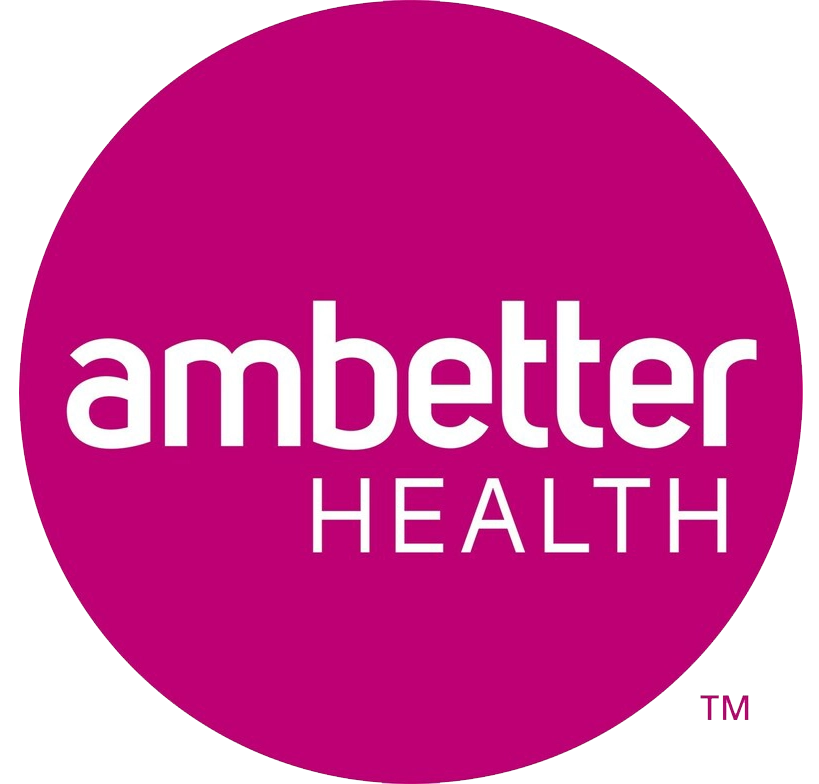How to Get a Drug Addict Into Treatment
This entry was posted in Drug Rehab and tagged Drug Rehab, drug treatment center, how to get a drug addict into treatment, how to help an addict on January 07, 2020 by Justin Baksh, MS, LMHC, MCAP, Chief Clinical Officer.

When people ask how to get a drug addict into treatment, typically they are really asking one of two questions. The first is: “What is the process for getting someone into drug addiction treatment?” The second (and the hardest one to answer) is: “How do I get someone addicted to drugs to want to go to and stick with treatment?”
Since it is relatively easy to answer, let’s tackle the first question now.

What is the process for getting someone into drug addiction treatment?
There are people whose sole job is to make it easier for you to navigate the process of getting yourself or a loved one into drug addiction treatment.
Who are these people? They are the outreach counselors of drug addiction treatment centers.
Many times, when you are searching for a drug treatment center via Google, for example, the phone numbers that you
see go directly to an outreach representative. These numbers are typically staffed day and night with knowledgeable, experienced representatives (for the most part) who are ready to answer any questions you may have.
These representatives will walk you through the process of admitting yourself or a loved one to their facility. Typically, it involves:
1. Information gathering
First, the outreach counselor needs to know about your particular situation. You may be asked where your loved one is now, whether he or she has had treatment in the past, and what their drug of choice is. You will also very likely be asked if your loved one is wanting or seeking treatment now. (Sometimes, the family members are ready, but the loved one is not. This is fine; you need to be educated on what is available so that you are prepared and have a plan for when your loved one is ready to seek treatment).
2. An insurance verification
Treatment does have a cost associated with it. This cost may be covered by insurance – fully or partially. In order to see what the case will be for you, the outreach representative will ask for a copy of your insurance card and the date of birth for the person who will be entering treatment. Using this information, the representative can run a verification to determine if your insurance covers treatment, and, if so, how much of the treatment it will cover. Typically an insurance verification can be done within one business day.
If no benefits are available, the representative will look for other options such a sliding scale fee, a payment plan, a partial scholarship, or even another facility if necessary. The main objective is to help you or your loved one get needed treatment, and if it means referring you or them to someone else, the rep will usually have no hesitation in doing so. Referrals happen all the time in the drug and alcohol addiction treatment world.
3. An assessment
Once payment has been arranged (either through insurance or some other way), a pre-admission assessment is conducted. This can be done over the phone, and must be with the person who will be entering treatment. This is to determine, among other things, whether the person will first need to be medically detoxed from his or her drug of choice and whether, after that, inpatient or residential treatment is needed. This can also be done onsite, during the intake process at the facility.
All throughout this process, the outreach representative is there to help you or your loved one with concerns or other details.

How do you get a drug addict to want to go to and stick with treatment?
This question represents a more perplexing problem. What it boils down to, though, is this: We cannot make someone do anything. In other words, we cannot, by the sheer force of our will, coerce them into anything (without the use of brute physical force, but this is drug addiction treatment we are talking about, not prison!).
So, the bottom line is that you cannot make someone want to get addiction treatment. For treatment to truly work and be effective, they have to want it.
Why is that? Because even if you can somehow convince someone to enter treatment, you also cannot make them stay there or participate. Again, treatment centers are not prisons and cannot hold clients against their will, and there is some work the addict must do on his or her own.
Many times, the family members are the ones who are ready to get the addict into treatment – and not the addicts themselves. The family members call, talk to an outreach counselor, and pour their hearts out with their pain and earnest desire to get their loved one into treatment. It’s so heartbreaking for both the outreach representative and the family member.
The problem is, if the addict is not ready, ultimately nothing will happen – until they are ready, that is.
RELATED: Five things an addiction counselor wishes you knew about your drug addict daughter or son
So the real question is, how can you encourage them to be ready? How can you help someone realize they need help? Here are four avenues you can take:
1. Ensure the addict is fully experiencing the consequences of their addiction
Are you somehow facilitating the addict’s behavior? If you are making the consequences of their addiction less undesirable in some way, by, for example, covering for them by calling into their jobs when they are high or “sleeping it off,” this is enabling their addiction.
Ask yourself: Do you give them money that they turn around and use for drugs? Do you give them a place to stay and food to eat with no expectations? Do you bail them out of jail? (Believe it or not, jail can be the best thing to happen to an addict – they will get clean, and stay clean while incarcerated. Many have used the opportunity to build a new life in sobriety after serving time in jail). If any of these ring true, you may need to back off.
As tough as it sounds, the addict needs to feel some pain related to their addiction. That pain may be the only thing that saves them. It may also be the toughest thing you ever do, but you absolutely must put boundaries around yourself with the drug addict in your life. Otherwise, they will suck you dry emotionally, physically and mentally.
2. Try an intervention
This involves appointing a time and a place to confront the addict, along with other friends and family members, and usually with the help of a trained interventionist. Each friend or family member can read a prepared letter to the addict, detailing how the addiction is personally impacting that friend or family member. At the conclusion, the addict is asked to go into treatment. There are no official statistics on the effectiveness of interventions, but it is definitely cathartic to air your feelings fully. Some addicts refuse treatment, some may agree to treatment but then leave it shortly thereafter, and some go on to complete treatment. If you go this route, be prepared for all possible outcomes.
3. Have the addict court-ordered to treatment
You can also try forcing the issue with the court’s help. The states vary in their laws regarding your ability to do this, so you’ll have to do some research on your own. You will also likely need to still research treatment options up front, because you may simply be handed a list with names of centers that you know nothing about. You also need to be aware that your loved one may still leave the treatment center against medical advice. Because the law cannot follow someone 24/7, 365 days a year, at some point the addict will be alone and have opportunity to use again… even after completing treatment.
RELATED: The Florida Marchman Act: What You Need to Know
4. Wait for a window of opportunity
There are moments in addiction where awareness penetrates. They may wake up feeling “sick and tired of feeling sick and tired.” They may have an overdose. They may lose a friend to overdose. This happens because deep down, unless there is serious mental illness occurring, your loved one likely does not want this life for themselves. They know what they doing, the way they are living, is not ideal.
Whenever that moment arrives, it gives you an opening to get your loved one into treatment. Be ready to act immediately when it happens. As you can imagine, it’s helpful to have your ducks in a row before that call comes. You don’t know how long the window will be open – how long your loved one will have until they change their mind.
By far, the last option is the best. This is because, no matter which road you take, eventually the addict will be alone and have opportunity to use again. So, here we are, back to the concept of internal motivation. Once clean, the addict has to want to stay that way and make their sobriety a priority.
Finally, remember that relapse is not a failure. Any amount of time an addict spends clean and sober shows that it is possible for them to live clean and sober. Because addiction is a disease, relapse is just something to learn and move on from. Of course, it may feel like a setback and your loved one may have to go back into treatment; but in the long run, it’s worth it to take the time necessary to understand what happened and grow solid in recovery again.
RELATED: Is Addiction a Disease?
How Drugs Affect the Brain

So, how do you cope with all of this?
You have a tremendous amount of support out there. Don’t be ashamed to seek it out. So many families and loved ones are facing the same issues you are.
One thing to remember is that there is no magic solution. If someone invented one, they would be trillionaires overnight. After all, what would you pay to instantaneously get your loved one into treatment and recovered? Unfortunately, there are no magical answers here.
On top of that, every situation is different. One person’s road to recovery can be vastly different from another’s.
Some people get clean once and that’s it. Many others go to treatment twice, three times, five times, and even 20 times before it sticks.
Some people wake up one day and realize that this is it – they must change or die – and get themselves into treatment. Others respond to an intervention. Others appear to respond to an intervention and then leave treatment before completion and/or relapse afterward. Still others may get clean in response to a serious negative consequence in their lives, such as being arrested for a felony, overdosing, or the death of a friend who is also using. The very thing you are afraid to get a phone call about may be what ultimately saves your loved one!
It’s heartbreaking and devastating. It’s also the nature of life. When you get right down to it, no one has control of all that happens to them. It’s not possible.
The best you can do is to live every day, doing what you can in that day to protect yourself and to be there when the addict decides that this is THE day. Until then, research treatment options, set boundaries, and continue to live and deal with life one day at a time. You are not alone! Recovery is possible for your loved one, and many are there to help, even if it’s just moral support until that blessed day arrives.
RELATED: Where to get help for family members of drug addicts

